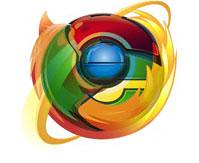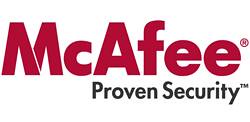According to Consumer Reports National research center says, in the last two years Consumer Reports National Research Center says one in five people had their identity stolen, got caught by phishing scams, or ended up with computers infected with spyware or viruses.
Consumer Reports tested security suites costing $50 to $90. But Consumer Reports found security software that's free of charge that is on par with the best.
To fight viruses: AntiVir from free-av.com/
To prevent spyware: Windows Defender from www.microsoft.com/windows/products/winfamily/defender/default.mspx
To stop spam: Spamfighter Standard from www.spamfighter.com/
There are some e-mails which look like that they are being sent from a bank and branded companies, but they are not. There objective is to gain access to your accounts. Consumer Reports says never click on links in e-mail messages that go to banks or other sites that have your personal information. Instead, type the company's Web address into your browser.
And for more protection, Consumer Reports recommends downloading antiphishing software that's free of charge, such as the McAfee Site Advisor, which warns when you go to a dangerous site.
Computers without security are much less likely to be attacked by viruses and spyware. But because Macs can transmit infected files to Windows PCs even within a home network, Consumer Reports recommends that Mac users install an antivirus program, such as Norton Antivirus Eleven for Mac. It costs $50.
You can get more of Consumer Reports' important tips for protecting your computer free of charge at: www.consumerreports.org/cro/electronics-computers/resource-center/cyber-insecurity/cyber-insecurity-hub.htm.




thankyou very much daina,i recently got a new laptop for my homeuse.I got to know lot of information related to securites from your post.keep posting information for the homeusers.thanks again.Garry
Post a Comment